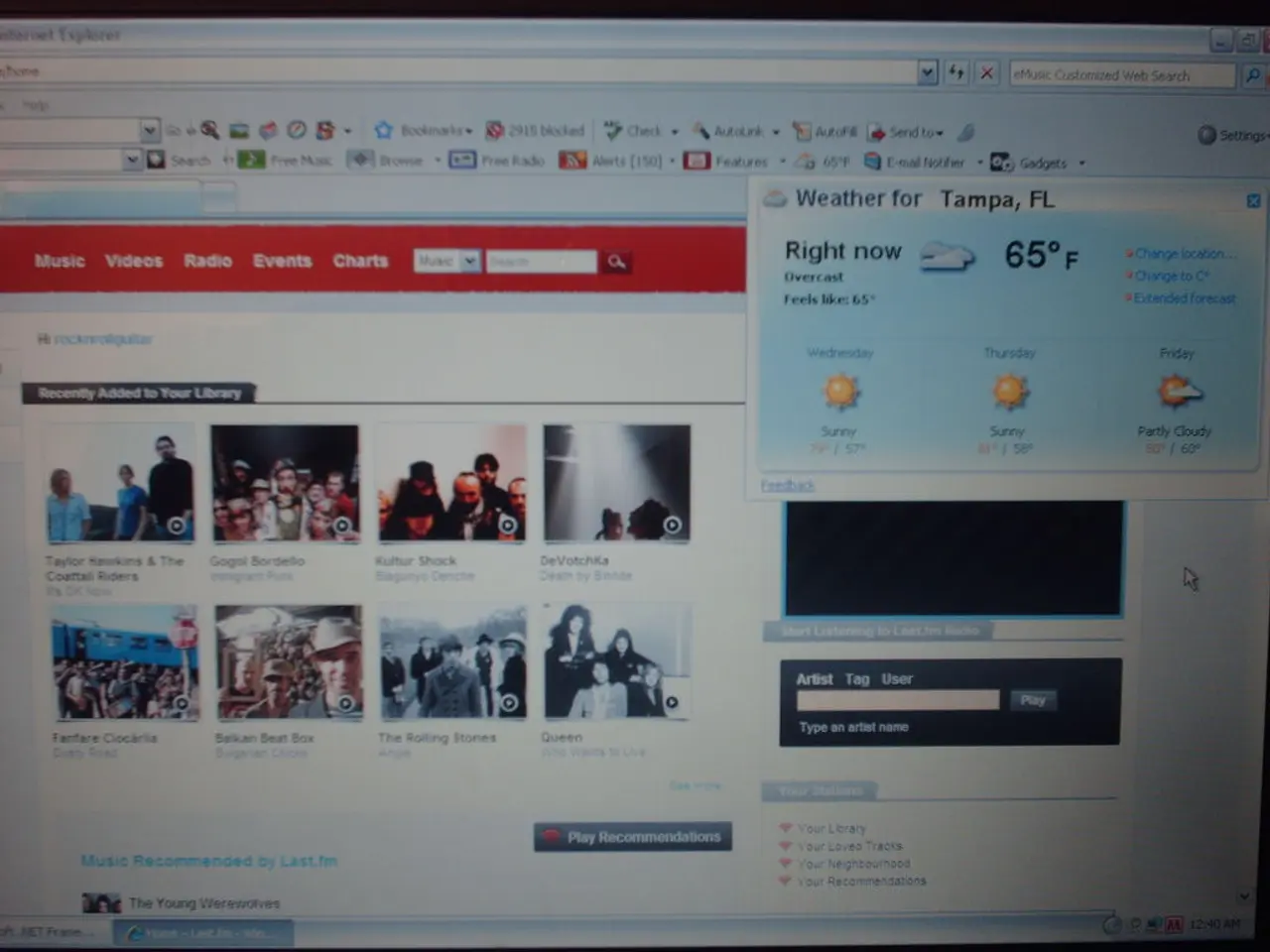Utilizing Technology for a Revolutionized ESL Learning Journey
In the digital age, English as a Second Language (ESL) education is undergoing a significant transformation. Technology is playing a pivotal role in revolutionizing the way we learn and practice English, offering immersive, interactive, and accessible opportunities.
Mobile Applications and AI Tools
Mobile apps like Duolingo, Babbel, and Rosetta Stone provide structured lessons that blend vocabulary, grammar, pronunciation, and listening comprehension. AI-powered apps, such as Rosetta Stone, use speech recognition technology to provide instant feedback on pronunciation, while writing tools like Grammarly help refine grammar and style. However, it's important to remember that unguided AI use can lead to superficial learning, so structured integration is crucial to maximize benefits without undermining retention.
Virtual Classrooms and Online Platforms
Virtual classrooms and online platforms like Zoom, Google Classroom, and iTalki allow live interaction with native speakers and enable collaborative learning regardless of geographic location. This expands access, especially for learners in remote or under-resourced areas, and fosters cultural understanding by exposing students to diverse accents and dialects.
Multimedia Content
The incorporation of multimedia content, such as videos, podcasts, and interactive modules, enriches the learning experience. This content engages different learning styles and contextualizes vocabulary and grammar, improving comprehension and retention.
Social Media Platforms
Social media platforms offer unique opportunities for ESL learners to practice their language skills informally. Joining English language groups or communities on platforms like Facebook encourages role-playing discussions, language exchange partners, and themed conversation threads. This informal practice enhances motivation and real-world usage.
Virtual Reality (VR) Technology
VR technology helps build confidence and reduce anxiety for learners by providing a controlled setting for language practice. VR environments simulate real-life scenarios where learners practice conversational skills and intercultural communication in engaging, contextualized settings, improving both language competence and cultural awareness.
Embracing the Future of ESL Learning
Embracing these innovations will not only enhance language proficiency but also open up a world of opportunities for cultural exchange and global communication. VR learning bridges the gap between theoretical knowledge and practical application, preparing learners for everyday communication challenges. Podcasts, streaming services, and online courses provide auditory content to improve ESL learners' listening skills. Mobile applications offer learners the flexibility to tailor study sessions according to their individual pace and schedule.
However, effective leverage of these technologies in ESL requires thoughtful integration, guided practice, and a balance between interactive use and foundational skill-building to enhance learning outcomes. By embracing technology, we can create a more accessible, engaging, and effective learning environment for English language learners worldwide.
[1] Kukulska-Hulme, A. (2018). Mobile learning in language education: A review of the literature. ReCALL, 30(3), 165-181.
[2] Warschauer, M. (2004). Computer-mediated communication and second language acquisition. Language Learning & Technology, 8(1), 3-28.
[4] Slater, M., & Sanchez-Vives, M. V. (2014). The virtual individual: The impact of immersive virtual reality on the self. Current Opinion in Psychology, 5, 136-141.
Language exchange platforms like iTalki and Facebook groups facilitate cultural understanding by connecting learners with native speakers worldwide, fostering collaboration and enriching the learning experience. Technology, including virtual reality (VR) technology and mobile apps such as Grammarly and Duolingo, provides immersive, interactive, and accessible opportunities for English education and self-development, contributing to a modern lifestyle of education-and-self-development.




